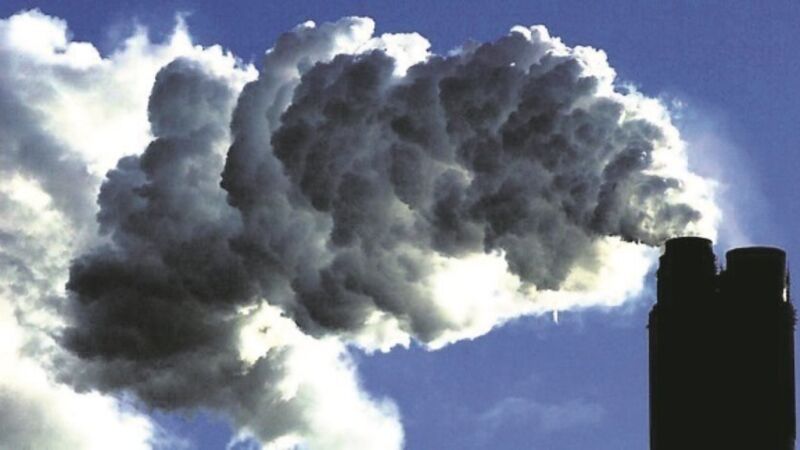Impact of pollution felt around the world

But, as the latest Lancet study on global pollution levels makes terrifyingly clear, the race to industrialise — as understandable as it undoubtedly is — creates catastrophic health risks.
The study — conducted by the world’s leading experts – found that environmental pollution, from foul air to filthy water, is now a bigger cause of death than war, hunger, natural disasters, malaria, and smoking. It estimates that, globally, one out of every six premature deaths could be attributed to disease from toxic exposure. What a dreadful waste of life — and money. The report estimates the annual financial cost of pollution-related death, sickness, and welfare at $4.6 trillion, equal to over 6% of the global economy.
















